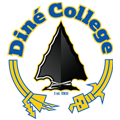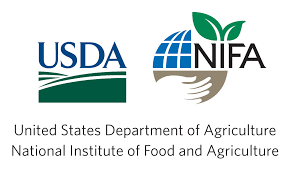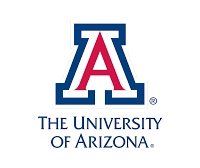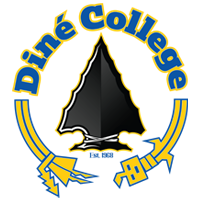
A 10-weeks in-person training/Internship program in wastewater effluent reclamation. Delivered in-person by the Diné College and University of Arizona, with lectures & training presented by a multidisciplinary team of leaders from academia and industry.
The Study Team
The study team is well suited for the science/engineering tasks and the outreach and educational programs outlined. In 1994, Diné College was given Land Grant Institution Status through U.S. Congress. Since then, the Land Grant Office (LGO) has provided continuous technical service and outreach to Navajo ranchers, farmers, families and youth to reconnect to the land, language and culture by embracing core values that ensure connection to the way of life of the Navajo People. In this project, Dr. Shazia Tabassum Hakim from Diné College’s School of STEM and Ms. Benita Litson from Diné College Land Grant office (LGO) will work together with their partners from the University of Arizona (UArizona), including Dr. Vicky Karanikola (KORES Lab) and Dr. Robert Arnold from the Department of Chemical and Environmental Engineering; Dr. Karletta Chief (Indige-FEWSS); and Dr. Charles Gerba from the Department of Environmental Sciences to find solutions for water scarcity and food sovereignty within Navajo Nation, develop research capacity and train Navajo students, farmers and community members in agricultural reuse of municipal wastewater effluent. The UArizona is already four years into a five-year National Science Foundation (NSF) National Research Traineeship, Indigenous Food, Energy, and Water Security and Sovereignty (Indige-FEWSS) program training graduate student to work with Indigenous communities on FEWS challenges while having intercultural awareness. . Diné College has been the most important partner institution throughout that work and Indige-FEWSS trainees come to Diné College Tsaile campus every June to train TCU students in FEWS. USIP will have an advisory board consisting of members from Navajo Nation and State of Arizona, NN-EPA, the Navajo Tribal Utility Authority and regional chapter houses to ensure representation of all interests. The more specialized technical skills, required for measurement of trace organics and sequencing of nucleic acids, are areas of particular strength among the UArizona partners. A similar statement applies to membrane separations in water and wastewater treatment. Diné College is among the foremost Native American institutions of higher learning. College faculty are both experienced in and committed to extension services throughout the Navajo Nation.
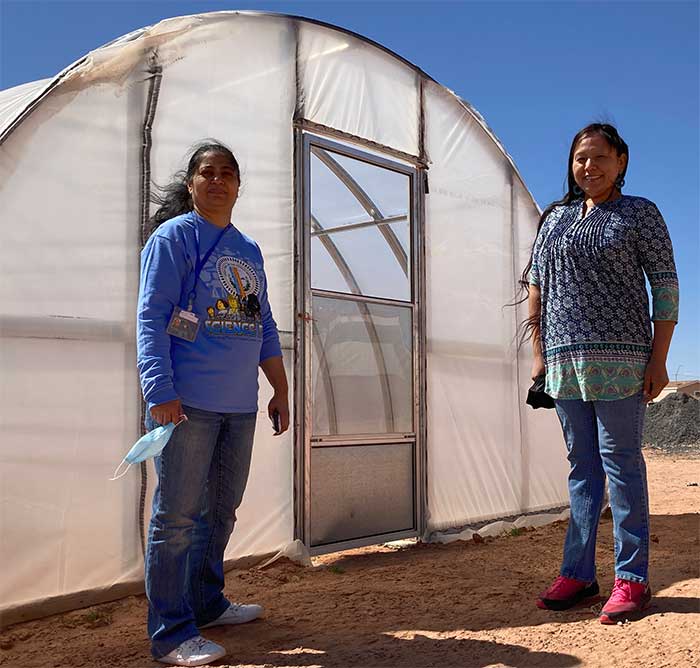
Primary Goal:
The three years long project will identify and address potential technical and social impediments to agricultural use of reclaimed wastewater. It addresses Tribal Colleges Research Grants Program (TCRGP) priority area A9101, the “safe use of non-traditional water sources such as…recycled, and treated waters.
Purpose:
A multidisciplinary team will execute coordinated research, extension and educational activities supporting decisions related to use of reclaimed wastewater for food production in Navajo communities. The team consisting of science-oriented and extension components will address issues related to use of reclaimed wastewater in food production. We have identified three interdependent theme areas encompassing linked research aims. Themes are designed to coordinate experience from diverse fields (i.e., engineering, Land Grant/policy, chemistry and microbiology) to make direct measurements supporting estimation of risk, inform stakeholders, conduct field experimentation, and offer STEM education in the area of water reuse.
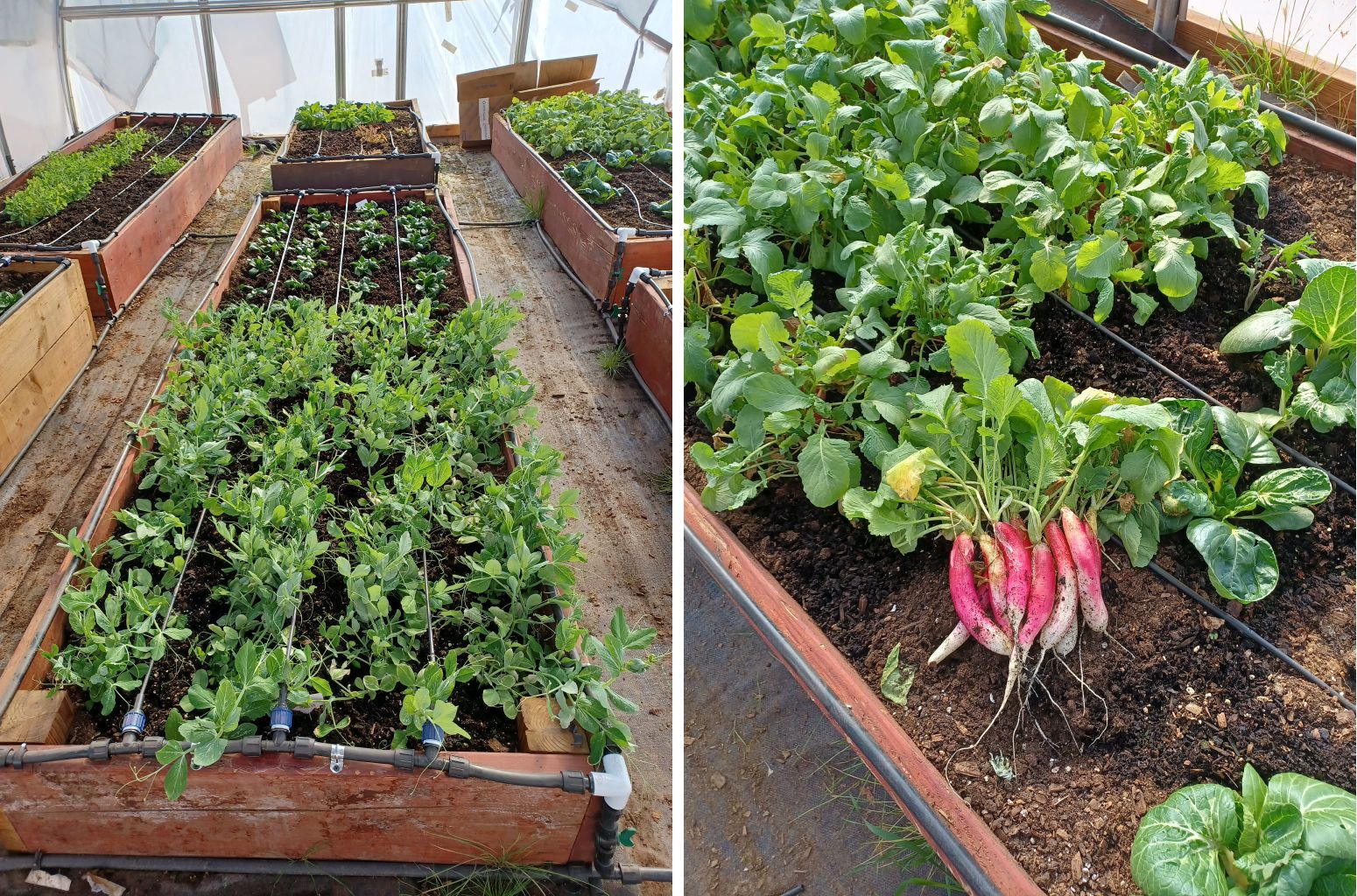
The primary site for experimentation is in Tuba City, AZ, located in the Western Agency of the Navajo Nation in northern Arizona. Laboratory support will be provided at both Diné College (Tuba City Campus) and the University of Arizona located in Tucson, AZ. Results will feed a decision support algorithm to be developed in consultation with stakeholders. The decision support strategy, combined with training and extension efforts (train the trainer), will satisfy project sustainability objectives by (i) enhancing science-based decision-making capacity at utility and farm levels where expanded use of reclaimed wastewater for food production is contemplated and (ii) reducing the likelihood that legal and other barriers will prevent appropriate use of the resource. Public involvement will be solicited throughout.
Scope of STEM Education and Training
The “Navajo Nation Water Reuse project” funded by NIFA-USDA-TCRGP is a three years project that will train next-generation water industry professionals (Navajo Water Scientists) in the art and science of wastewater treatment and reuse. Every year, six junior-year students will be trained via a 10-weeks internship, and two senior-year students will be given the opportunity to join as research assistants to work and learn with the team. The goal of the student mentoring plan/internship is to provide the skills, knowledge, and experiences necessary to prepare student interns and research assistants for STEM career paths. The skills provided extend beyond those acquired directly through classroom experiences.
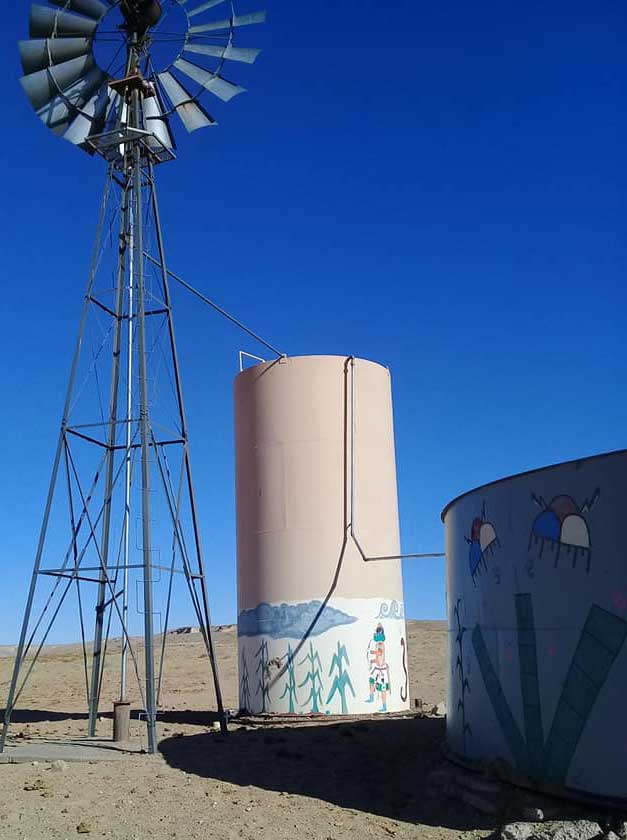
What Internees will learn?
- Effluent sampling and conventional analysis at wastewater treatment plants across the Navajo Nation,
- Determination of effluent microbiological quality via MPN, API, cell culturing and PCR/RT-PCR
- Screening for trace organic contaminants in effluents using LCMS/MS
- Virtual field demonstrations in communities (chapters) of the Navajo Nation
- Community outreach, and
- STEM education in water and agriculture
Scheduling:
Technical components of the program of study are spread uniformly over the three-year study. Wastewater quality measurements will be carried out throughout Year 1 & 2. These will provide a summary evaluation of Navajo effluent in terms of chemical and microbial burden and establish seasonal differences in wastewater treatment plant performances. The second half of Year 2 is devoted to the evaluation of unit operations for polishing candidate effluents in order to minimize human risk from agricultural reuse. A demonstration-scale treatment (polishing) unit will be designed and constructed for deployment/demonstration purposes at Diné College Tuba City Center before the end of Year 2. In Year 3, the routes of potential human exposure will be more directly evaluated using experimental plants grown on reclaimed water or washed with effluent prior to human consumption. The economic feasibility of water reuse for agriculture will also be evaluated.
Outreach and education/training activities are distributed throughout the program. Education is emphasized at the food-energy-water technical interface or nexus in order to produce graduates who are capable of participating in these high-growth areas that are so essential to improvement of life in the Navajo Nation.
Timing:
Unlike fall, 2021 when training was offered virtually due to COVID related restriction. In 2022 i.e. the second year of the project, this internship program was offered in-person at our Tuba City location (9 weeks) and at University of Arizona, Tucson (1 week) during May 16, 2022 to July 25, 2022. Two interns got chance to present at ASM-Microbe 2022 (June, 2022) in Washington DC, while one of them (Tori Fulton) received travel grant award from ASM for her presentation. Later three students from the same group of interns participated in ABRCMS conference (November, 2022) in Anaheim, California where April Begay was awarded with first prize on her poster in microbiology, community college’s category.
Now, we are accepting applications for summer 2023 in person internship at our Tuba City location (9 weeks) and at University of Arizona, Tucson (1 week) during May 22 to July 28, 2023. Those of you interested in water and wastewater science (Microbiology, chemistry, agriculture), and willing to learn hands on techniques this is the perfect opportunity for you to join us!
Intern application deadline: March 30, 2023
Notified by: April 30, 2023
Participants:
This unique opportunity provides an excellent learning experience where students come to grasp their education by the roots. A total of eight, i.e., six (research interns; junior year) plus two (research assistants; senior year) Diné College students will receive financial support and technical training in water reclamation and reuse in agriculture over the course of 10 weeks during each year of the project. Success in mentoring will be evaluated by tracking the Student Research Assistant and Research Intern’s (S/RA’s) progress toward research and career goals, based on periodic student evaluations by mentors. Mentors will be selected from the Diné College faculty.
A total of six (6) summer research interns: junior year.
Location(s): First year (2021) virtual, second year (2022) in person 09 weeks at Diné College Tuba City location and 01 week at University of Arizona, Tucson, AZ. Third year (2023), 10 weeks long extensive training will be offered again in person at Diné College Tuba City Center (9 weeks) and University of Arizona, Tucson (1 week).
Infographic
Brochure
Eligibility Criteria for interns:
Current Junior & Senior Year students of Diné College, School of STEM with minimum GPA 2.5
Benefits:
10 weeks paid internship, stipend up to $4,000
Mentorship by STEM faculty
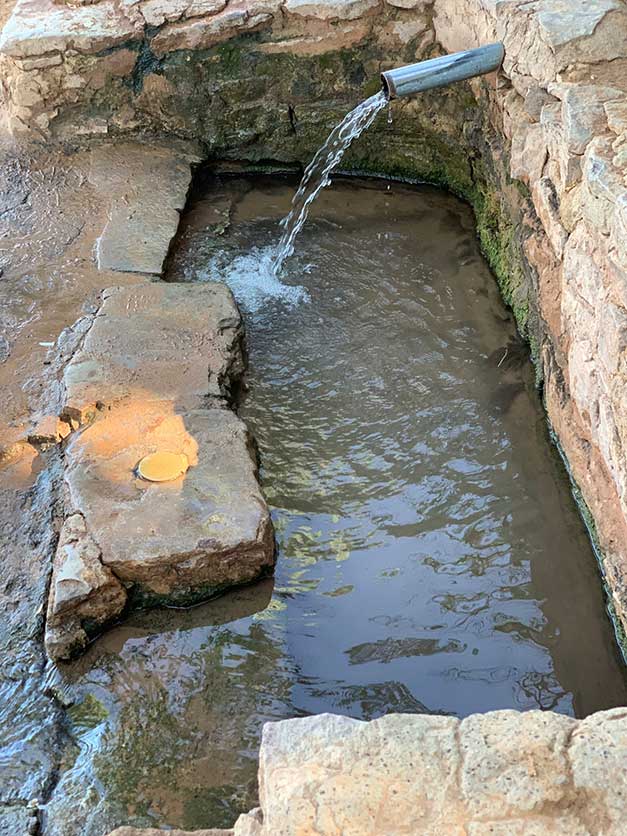
Products:
Through this unique opportunity, students will develop skills and interests in community-based, on-going research projects at Diné College and University of Arizona. On completion of training, successful interns and research assistants will be able to provide education, training and perspective to other Navajo (Diné College) students who can become the next generation of STEM leaders in the Navajo Nation.
Interested in Joining?
If you are interested in joining this internship program or have questions about the program, feel free to contact:
Dr. Shazia Tabassum Hakim, PhD., Professor School of STEM, Diné College stabassum@dinecollege.edu; or/and
Benita Litson, Director Land Grant Department, Diné College blitson@dinecollege.edu
TO APPLY:
Complete Diné College online application under the career tab at:
https://dinecollege.isolvedhire.com/jobs/.
Or contact: dhr@dinecollege.edu
Application requirements:
Current resume, Copy of Academic Transcripts, and Current Class Schedule with DC Student Employment Application available by contacting dhr@dinecollege.edu
- Tsaile Applicants: can submit applications to Ms. Benita Litson at Land Grant Office
- Tuba City Applicants: can submit applications to Dr. Shazia T. Hakim at Hogan Office
Program Agenda
Program agenda for Year Two (2022):
Agenda in pdf format
Program agenda for Year One (2021):
Agenda in pdf format
